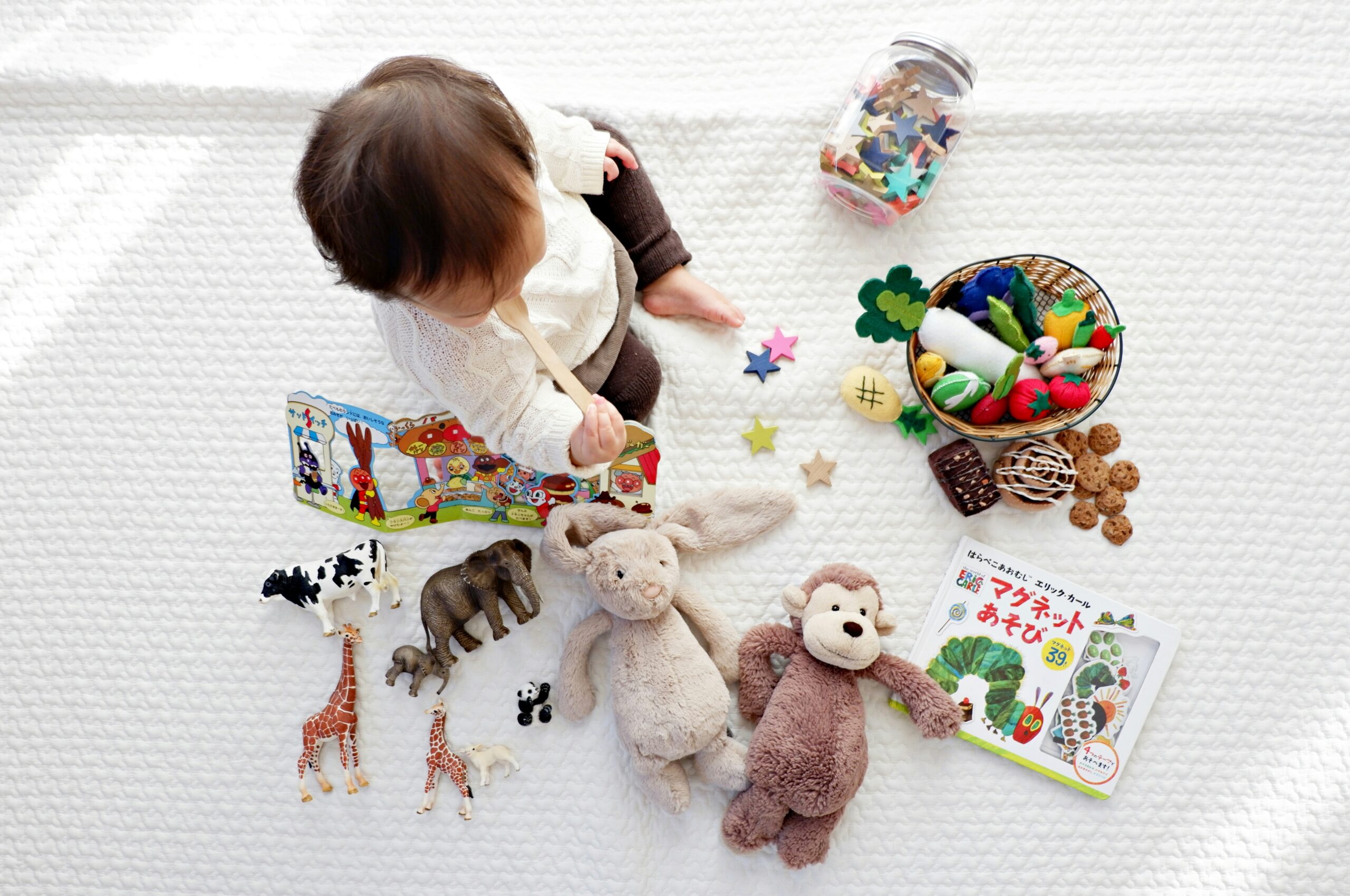For babies in foster care, the predictable rhythms and reliable care you provide can become the foundation for their entire emotional development.
Babies are remarkable little beings who begin learning about the world from the moment they arrive. During their first year, their brains are developing at an extraordinary pace, forming neural pathways that will influence how they understand relationships, manage emotions, and navigate life. When infants experience consistent, responsive care, they develop what psychologists call “secure attachment” – essentially, a deep-seated trust that their needs will be met and that they are safe.
This consistency becomes even more crucial for babies in foster care. They may have experienced neglect, inconsistent caregiving, or the trauma of separation from their birth families. Your steady presence and predictable responses help repair their developing sense of security, teaching them that adults can be trusted and that the world has order and safety.
Creating Predictable Daily Routines
When you are working with a fostering agency in Milton Keynes, one of the most powerful tools in your consistency toolkit is establishing and maintaining daily routines. Babies thrive on predictability, and even very young infants begin to anticipate what comes next when routines are consistent.
Start with the basics: feeding, sleeping, and playtime. Try to feed your baby at roughly the same times each day, following similar patterns for nap times and bedtime. This doesn’t mean becoming rigidly scheduled – babies have varying needs, and flexibility remains important. Rather, it’s about creating a gentle rhythm that your baby can begin to recognise and find comfort in.
Bath time, story time, and cuddle sessions can become anchors in your baby’s day. When you consistently follow a bedtime routine – perhaps a warm bath, followed by a gentle story and quiet cuddles – your baby learns to associate these activities with safety and comfort. Over time, this predictability helps regulate their nervous system and promotes better sleep patterns.
The Importance of Consistent Emotional Responses
Beyond daily routines, emotional consistency forms the bedrock of secure attachment. This means responding to your baby’s needs in predictable, nurturing ways. When your baby cries, they need to know that someone will come. When they’re hungry, they need to trust that food will arrive. When they’re seeking comfort, they need to feel that comfort will be provided.
Consistent emotional responses don’t mean you need to be perfect – no parent is. Rather, it’s about being generally available, responsive, and emotionally regulated yourself. When you remain calm during fussy periods, speak in soothing tones during difficult moments, and consistently offer comfort when your baby is distressed, you’re teaching them that emotions can be managed and that they are worthy of care.
Building Trust Through Small, Repeated Actions
Trust builds slowly for babies, particularly those who have experienced early trauma or inconsistency. It develops through thousands of small interactions: the way you consistently pick them up when they cry, how you always make eye contact during feeding, the gentle way you speak to them during nappy changes.
These seemingly mundane moments are actually profound opportunities for connection. When you consistently respond with warmth and attentiveness during these routine interactions, you’re depositing trust into your baby’s emotional bank account. Each positive interaction reinforces their growing understanding that they matter and that their needs are important.
Consider narrating your actions as you care for your baby: “I’m going to change your nappy now,” or “Let’s get you some milk because you’re hungry.” This consistent verbal engagement helps them begin to understand the world around them whilst reinforcing your reliable presence.
Managing Challenges While Maintaining Consistency
Foster caring brings unique challenges that can test your ability to maintain consistency. Contact visits, court dates, and uncertainty about placement duration can disrupt routines and create stress for both you and your baby.
During these challenging periods, focus on what you can control. Even when external circumstances are chaotic, you can maintain consistent emotional responses and continue your daily rhythms as much as possible. If routines must be disrupted, try to provide extra comfort and reassurance to help your baby navigate the changes.
Remember that consistency doesn’t mean perfection. There will be days when routines fall apart, when you’re tired, or when circumstances beyond your control interfere with your plans. What matters most is returning to consistency as soon as possible and maintaining that underlying emotional availability that tells your baby they are safe and loved.
The Long-term Impact of Your Consistency
The consistency you provide during those crucial early months creates ripple effects that extend far beyond infancy. Babies who experience reliable, responsive care develop better emotional regulation, stronger social skills, and greater resilience. They learn that relationships can be trustworthy and that they have inherent worth.
For foster babies, your consistent care can literally rewire their developing brains, helping them overcome early trauma and building the foundation for healthy relationships throughout their lives. Every bottle given with attention, every nappy changed with gentleness, every moment of comfort provided during distress becomes part of their internal template for how relationships work.
Your commitment to consistency isn’t just about providing good care – it’s about giving a vulnerable infant the greatest possible start in life, regardless of what their future holds.

